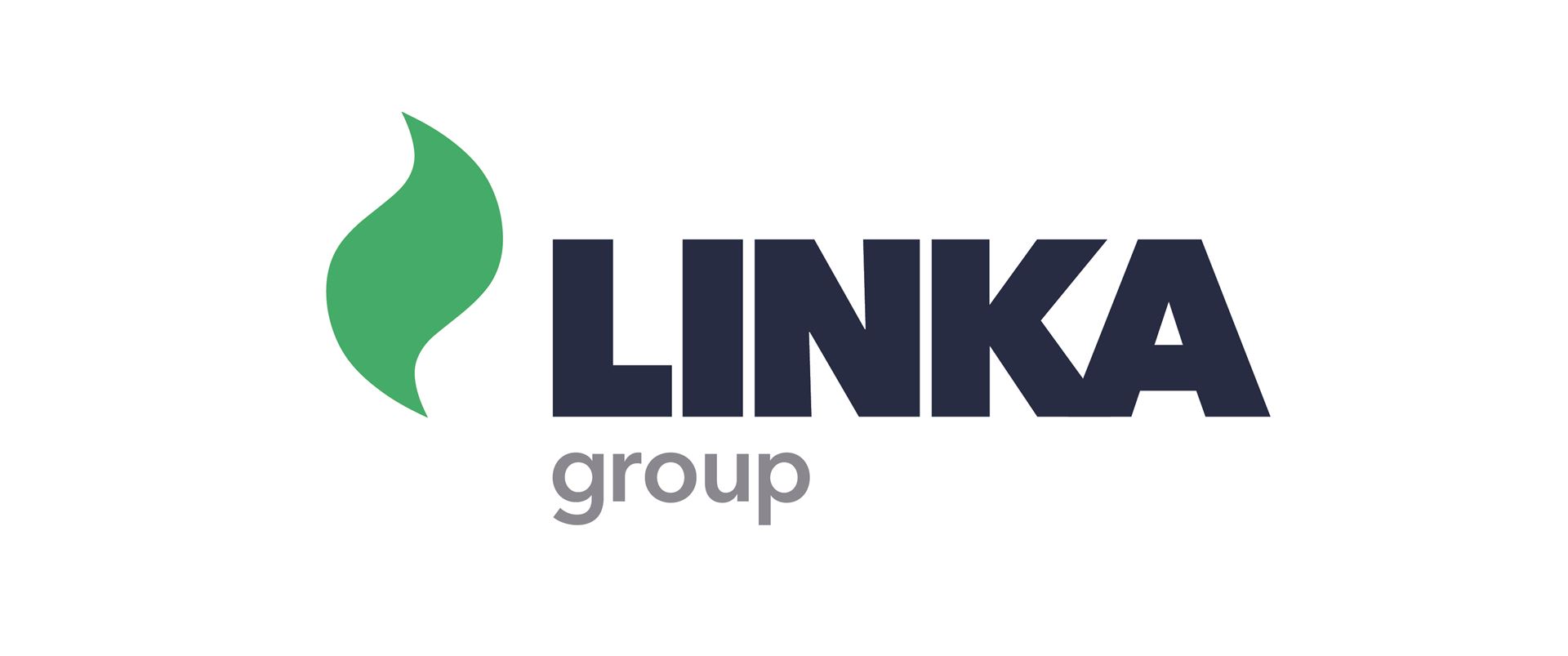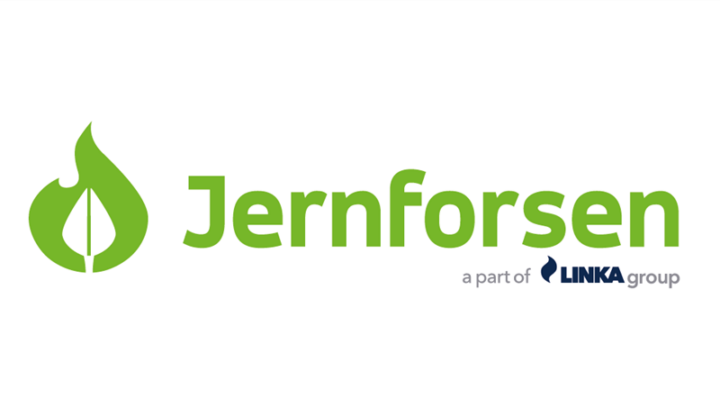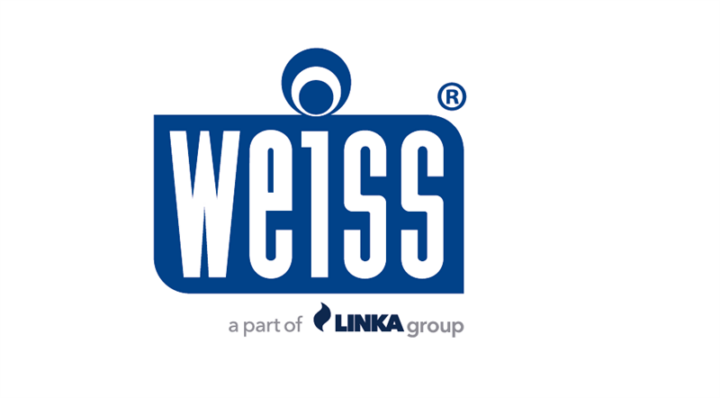
Linka Group consists of three companies that together are among the world leaders in biomass plants and small waste-based plants. We specialize in the development and optimization of environmentally friendly forms of energy based on biofuels and waste.
In 2018, Linka Energy and Jernforsen merged and in 2019 Weiss also joined the partnership. Together we have one of the widest product ranges in the industry, and we offer biomass boiler systems for all professional purposes. Our technology is top-of-class and guarantees you efficient combustion of various biofuels, such as straw, wood chips, wood pellets, waste wood, RDF and more.
Linka Energy A/S
Since 1978, Linka Energy has been building fully automated plants, helping to reduce large amounts of carbon dioxide with our customers. With more than 40 years of experience and knowledge of biomass combustion, the company is today one of the world’s leading companies in the field. Linka Energy has delivered more than 3,500 fully automated factories all over the world to different customer groups, such as agriculture, industry, institutions and heating systems. The facilities are supplied in the form of hot water and hot water systems and steam systems. All plants are designed for maximum fuel efficiency, high reliability and minimum maintenance costs. Patented combustion system The biofuel boiler, type LIN-KA H., is a cylindrical, powerful channel tube boiler in 3-pass design, intended for firing with biomass (straw, wood chips and wood pellets). The kettle has a smooth fire channel and water-cooled swivel chambers. The boiler is designed to provide full combustion and efficient utilization of the radiant heat in the fire channel, while the convection heat is utilized as much as possible in the two subsequent flue gas sections. At the rear end of the boiler, a movable staircase is placed, thus avoiding the formation of slag. Air is supplied via Linka’s world patented system from the bulkhead end in a co-flow principle. This allows the flue gas to be drawn into the boiler and burned efficiently. This gives the best results for efficiency and emission figures The combustion system has one of the highest efficiency in the EU and is up to 94.7%.
Weiss ApS
Weiss is a Danish company with headquarters in Hadsund. They are specialized in providing service, spare parts, total solutions and energy optimization at waste and biomass plants. For more than 92 years, the company has delivered more than 1,000 customized and CO2-neutral energy plants and small-scale cogeneration plants. These plants are found all over the world – but mostly in northern Europe. Weiss operates at the intersection of providing service/spare parts, manufacturing major plant components, consulting and optimizing plants. With their knowledge and many years of experience, they deliver well-tested, reliable and profitable solutions – whatever you want and need. Service tasks and projects are carried out with great expertise and many years of experience. All tasks are solved with a focus on the individual customer. For Weiss, mutual cooperation with customers is key in all aspects.

Jernforsen Energy AB
Jernforsen, a Swedish company, is one of Europe’s leading companies in the bioenergy industry. Since 1984, over 1,000 systems have been installed for satisfied customers around the world. With many years of experience in the industry, the company is an expert in developing and installing biomass combustion plants. Wet fuel, in particular, is one of the company’s core competencies. Fuels with up to 60% humidity can be used in a plant from Jernforsen. The company employs around 30 people, after service, sales, project management and administration. The competent service organization has extensive experience in inspection, service and technical support. The main customer groups are sawmills, heating plants and industry and all plants are adapted to the individual customer’s wishes and needs. Whatever energy system is needed, the system is built around the combustion equipment. At the heart of combustion is the mobile shaking system. The breaks are controlled by a forward motion that brings the fuel forward as it burns.


